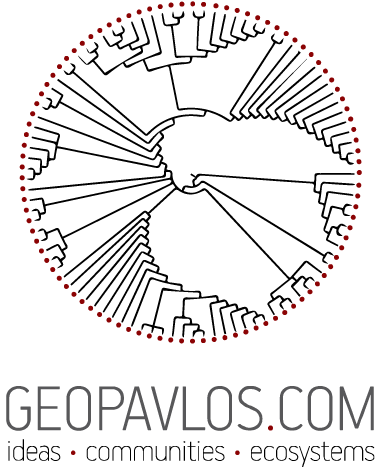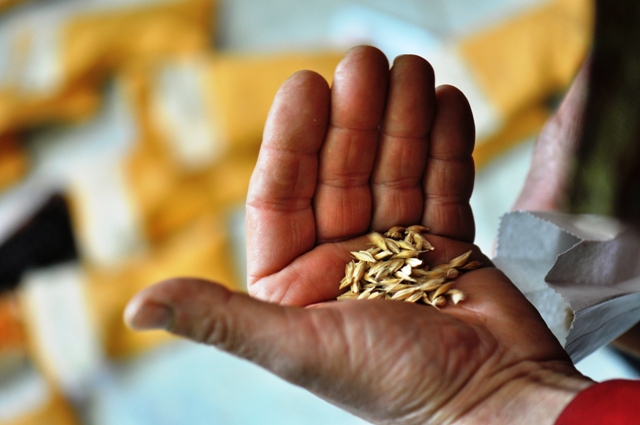Give Greece a Chance
Recent media reports on Greece have been dominated by images of civil discontent and unrest. As the country enters its fifth consecutive year of depression, the most severe since the Second World War, I rediscover another Greece.
The Greece of corruption and inefficiency, you hear so much of in the media is far removed from the Greece that I know. My country has historically been, and continues to be, a place of creativity, altruism, civilisation, hard work and thought. As household incomes decrease, resourcefulness is on the up and as the economic crisis hits home, the Greek people are once again looking to the country’s natural assets.
Greece’s rural and agricultural history is unique. We have a range of micro-climates and a unique agro-biodiversity in which virtually any crop will grow. The Greek peninsula represents an important centre of crop diversity, and has been the bread-basket of European evolution since ancient times. Fava beans from Santorini for example, have been cultivated since 3500 BC, and the grains of selected wheat varieties can be found on prehistoric archaeological sites in northern Greece, dating back over 9000 years. With this in mind, the Greek people have much more heritage to protect than simply ancient ruins.
Despite the potential of our land, Greece now imports the majority of its food and on average we are the second most obese people in the EU. These abnormalities are largely attributable to the EU’s Common Agriculture Policy, which has supported the growth and development of a very narrow range of large-scale monocultures, almost entirely for export purposes. The failures of the CAP have had a profound effect not only on our food culture and agricultural skills, but also on the landscape of the country. In just three decades, Greece has lost most of its local agricultural varieties and almost all of its dry land, low-input agriculture was pushed out of the market. In Crete, a large number of two-thousand-year-old olive trees were turned into firewood, within a very short period of time.
Originally published on the Sustainable Food Trust

